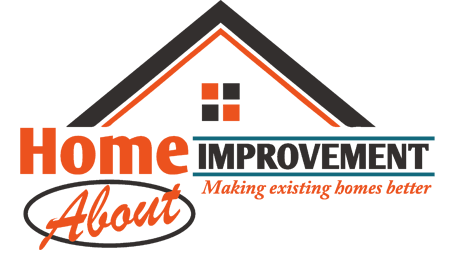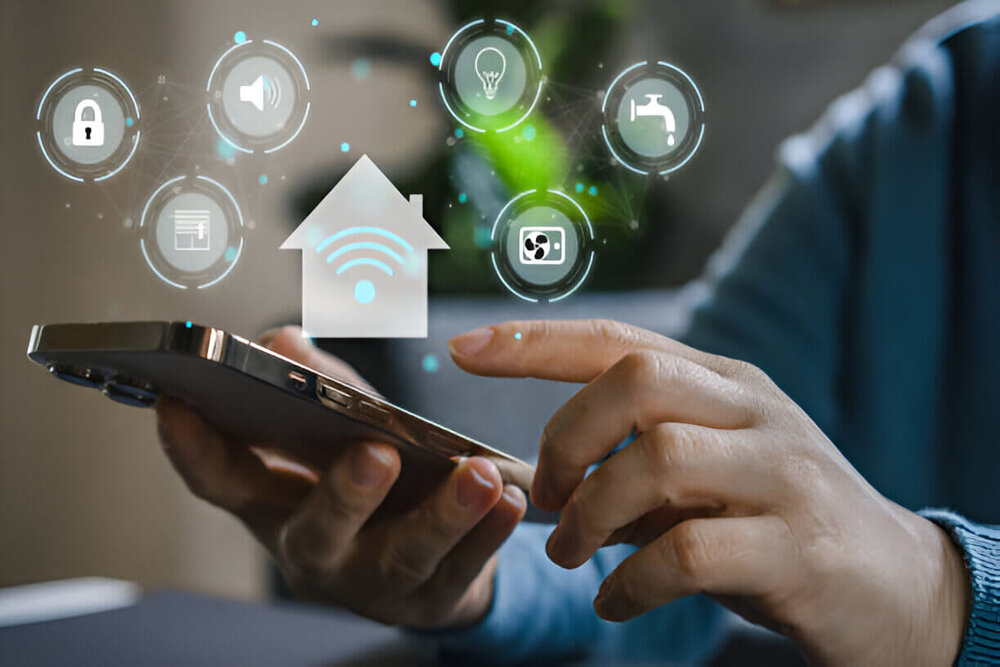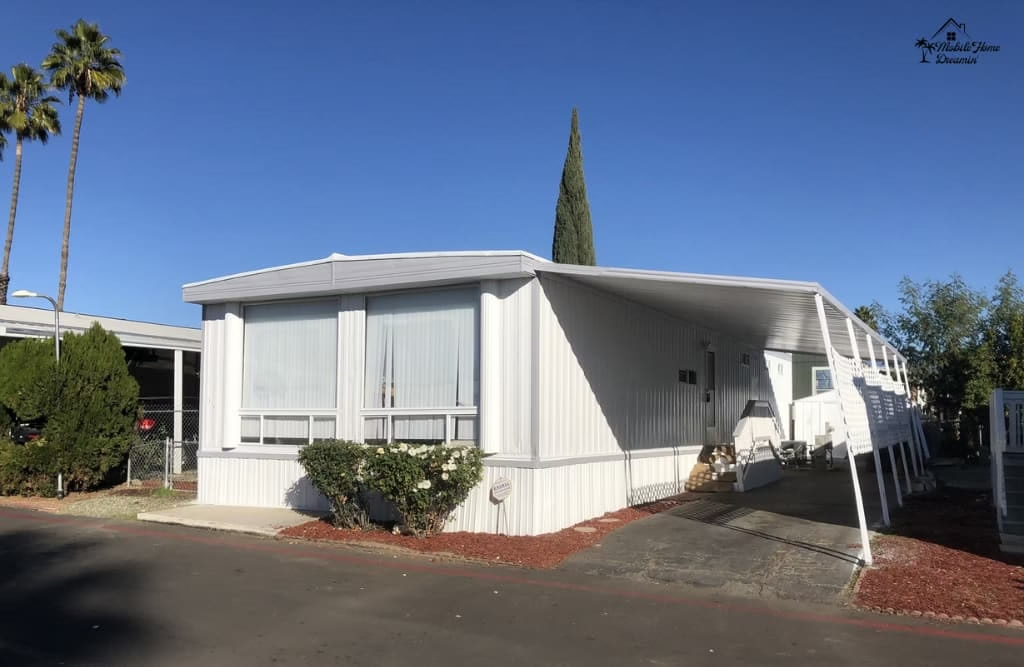In today’s real estate market, buyers often look for homes that offer modern comfort, and smart home automation is at the top of their wish list. In fact, it has even become a valuable asset for homeowners.
In this blog post, we will explore how smart home automation can increase your home value. From energy efficiency to security features, we’ll delve into the many benefits that attract discerning homebuyers.
4 Ways How Smart Home Automation Increases Your Home Value
1. Enhanced Security
Smart home automation provides enhanced security features that are highly valued by potential buyers. Devices like smart locks, video doorbells, motion sensors, and security cameras can all be unified into a centralized system.
With the help of this, homeowners can monitor their property remotely via mobile apps, receiving alerts if any suspicious activity occurs. Such state-of-the-art security systems offer peace of mind, a factor that can make your property more attractive and boost its value. This is because buyers are often willing to invest more in homes that prioritize safety and security.
Remember: When installing the home automation system in your home, make sure you don’t leave it vulnerable to hacking. Doing so can breach the security of your home.
So use strong passwords, and encryption, and enable two-factor authentication where possible to ensure you don’t fall for such common home automation mistakes and maintain the safety and privacy of your home.
2. Increased Convenience And Comfort
Smart home automation also offers an unmatched level of convenience. Imagine being able to control lights, locks, thermostats, and even appliances from your smartphone, no matter where you are.
As if this is not sufficient, voice-controlled systems like Amazon Alexa, Google Assistant, and Apple HomeKit further enhance this convenience. Most buyers are attracted to homes that make their daily routines easier. And, when your home offers such comfort, it can truly stand out as an exception.
3. Energy Efficiency And Cost Savings
Smart home technology offers energy efficiency and cost savings in the long run. Homes equipped with smart energy-saving features are more likely to sell at a premium as they reduce utility bills and have a positive impact on the environment.
For instance, devices such as smart thermostats, lighting systems, and energy-efficient appliances enable homeowners to monitor and control energy usage with precision.
Furthermore, these smart technologies can learn your routine and adjust heating and cooling accordingly, saving energy when you’re not home, and thereby saving money on monthly bills.
4. Competitive Edge In The Real Estate Market
As smart home technology continues to grow in popularity, homes without these features may appear outdated or less desirable. On the other side, homes equipped with smart automation can be taken as modern, tech-forward, and future-ready.
In a competitive real estate market, having smart home features can set your property apart from others. Not only can it attract more buyers, but it can also help justify a higher asking price, especially if your home offers comprehensive smart home systems.
The Bottom Line!
Smart home automation is not just becoming a trend, but also a long-term investment that can increase your home’s value while making your life more convenient, secure, and energy-efficient.
And, as the real estate market evolves, homes with smart automation systems will likely continue to demand higher prices and attract more attraction. If you are planning to incorporate smart home technology into your home, simply reach out to Pro Tech Smart INC to fulfill your needs.
Their experts will design and install a personalized system that seamlessly integrates your devices, allowing you to control everything from lighting to temperature with a simple touch. This will make sure your home stands apart as an exception, attracting buyers beyond your initial assumption.











